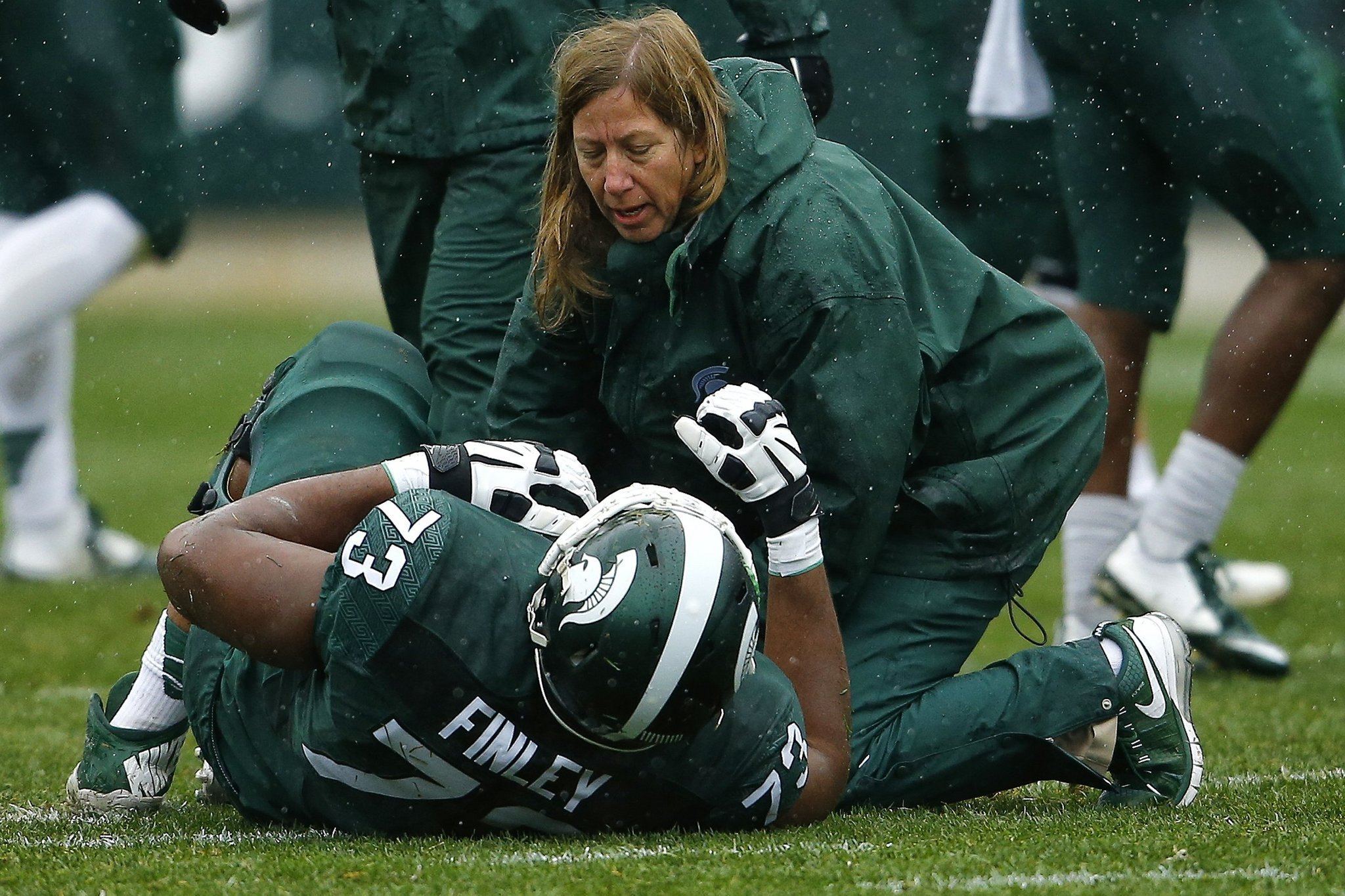According to a report by Dennis Dodd of CBS Sports, the athletic directors of the Big Ten Conference are calling on the NCAA to develop a national injury reporting system for college football, a move that would be designed to improve game integrity in the face of expanded sports betting in the United States.

The proposal was made to the NCAA Football Oversight Committee in June, in reaction to the recent Supreme Court decision that overturned the Professional and Amateur Sports Protection Act (PASPA), opening the doors for states to regulate sports betting.
Inside Info Valuable to Bettors
That decision will likely lead to more scrutiny over the details of how games are played and how competitions are managed. College officials have particularly big concerns about the flow of information from campuses, where hundreds or thousands of individuals could potentially have inside information about injuries, illnesses, or suspensions that aren’t yet public knowledge.
The concerns about how such information could be used by gamblers to gain an advantage was a major reason why the NFL has required mandatory injury reports ever since 1946. By making those reports public, there is less potential for gamblers to gain inside information through bribery or other schemes.
Some NCAA officials fear that there could be even more information that bettors could take advantage of at the college level, where fellow students might be tempted to share it for the right price.
“When we think about information, it’s not just injury,” NCAA deputy legal counsel Naima Stevenson said at a National Association of Collegiate Directors of Athletics (NACDA) panel in June. “Who just broke up with their girlfriend? That might cause them not to have their best game. That kind of information…is going to have a value associated with it now, which is just a scary thought.”
Injury Reports Face NCAA Challenges
It’s unclear exactly how such an injury report would work at the NCAA level, and during the NACDA panel, Ohio State athletic director Gene Smith said that they probably wouldn’t be as frequent or extensive as the reports released in the NFL, where updates are required several times a week and even during games.
But even a simple weekly injury report will face a couple of hurdles before it could be implemented.
For one, there’s the fact that coaches aren’t exactly thrilled about the idea of providing information to their opponents, no matter the reason.
“Whatever weaknesses or vulnerabilities that we have as a team, I can’t possibly fathom why I would have any interest in revealing that to my opponent,” Washington State coach Mike Leach told USA Today Sports in an interview over the winter.
Knowing that everyone was subjected to the same reporting requirements might ease the concerns of coaches who are afraid of giving their rivals a leg up. But there’s also a legal challenge, as injury reports might run afoul of student privacy laws, including the Health Insurance Portability and Accountability Act (HIPAA). That could mean that players would have to give permission before any injury information could be released to the public.
The NCAA was one of the plaintiffs in the lawsuit against the state of New Jersey that eventually reached the Supreme Court. While some professional sports leagues have lobbied for integrity fees from states which have regulated sports betting, the NCAA has not done so.











